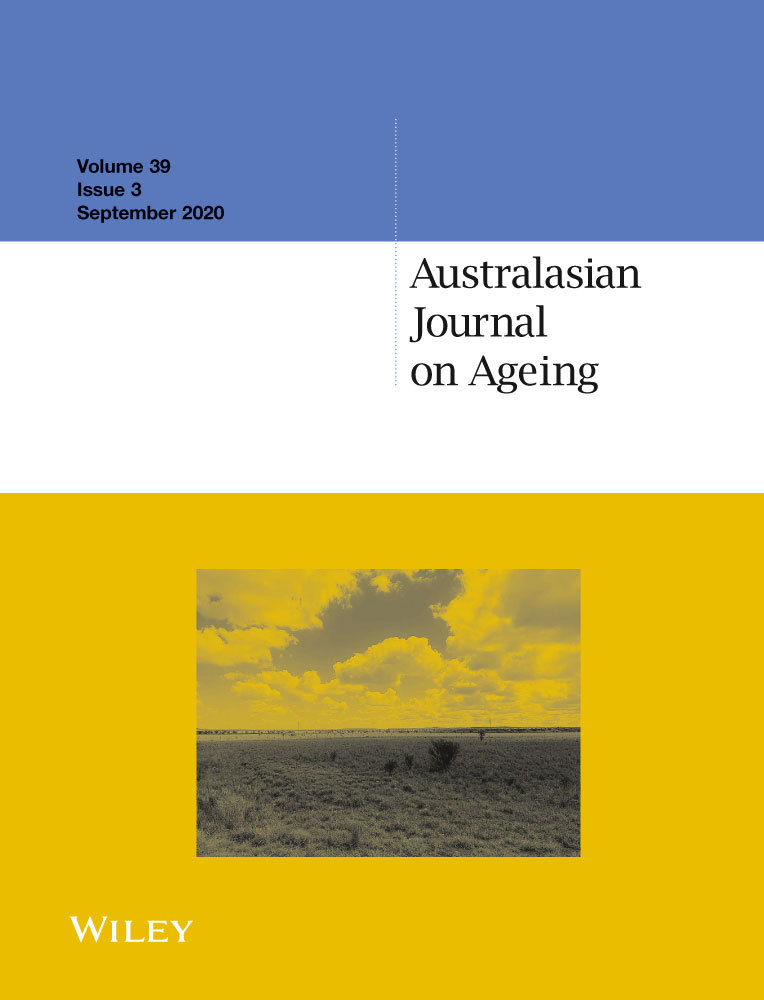Pilot feasibility study of a home-based fall prevention exercise program (StandingTall) delivered through a tablet computer (iPad) in older people with dementia
Funding information
This work was supported by the Australian National Health and Medical Research Council (NHMRC) Partnership Centre on Dealing with Cognitive and Related Functional Decline in Older People (Grant Number GNT9100000). This manuscript does not reflect the views of the NHMRC or funding partners. Dr Morag Taylor is a NHMRC-Australian Research Council Dementia Research Development Fellow. Associate Professor Kim Delbaere is a NHMRC Career Development Fellow. Prof Stephen Lord is a NHMRC Senior Principal Research Fellow.
Abstract
Objective
To assess the feasibility and safety of StandingTall—an individually tailored, progressive exercise program delivered through tablet computers—in community-dwelling older people with dementia.
Methods
Fifteen community-dwelling older people with dementia (mean age = 83 ± 8 years; Montreal Cognitive Assessment 16 ± 5) received StandingTall for 12 weeks with caregiver assistance. Feasibility and safety were assessed using the System Usability Scale (SUS; scores = 0-100; a priori target >65), Physical Activity Enjoyment Scale (PACES-8; scores = 8-56), adherence (exercise minutes) and adverse events.
Results
Mean SUS scores were 68 ± 21/69 ± 15 (participants/caregivers). The mean PACES-8 score was 44 ± 8. In week 2, week 7 and week 12, mean (bias-corrected and accelerated 95% CI) exercise minutes were 37 (25-51), 49 (30-69) and 65 (28-104), respectively. In week 12, five participants exercised >115 minutes. One participant fell while exercising, without sustained injury.
Conclusions
StandingTall had acceptable usability, scored well on enjoyment and was feasible for participants. These results provide support for further evaluation of StandingTall in a randomised controlled trial with falls as the primary outcome.
CONFLICTS OF INTEREST
No conflicts of interest declared.




